Gemini Destroyer Book Review
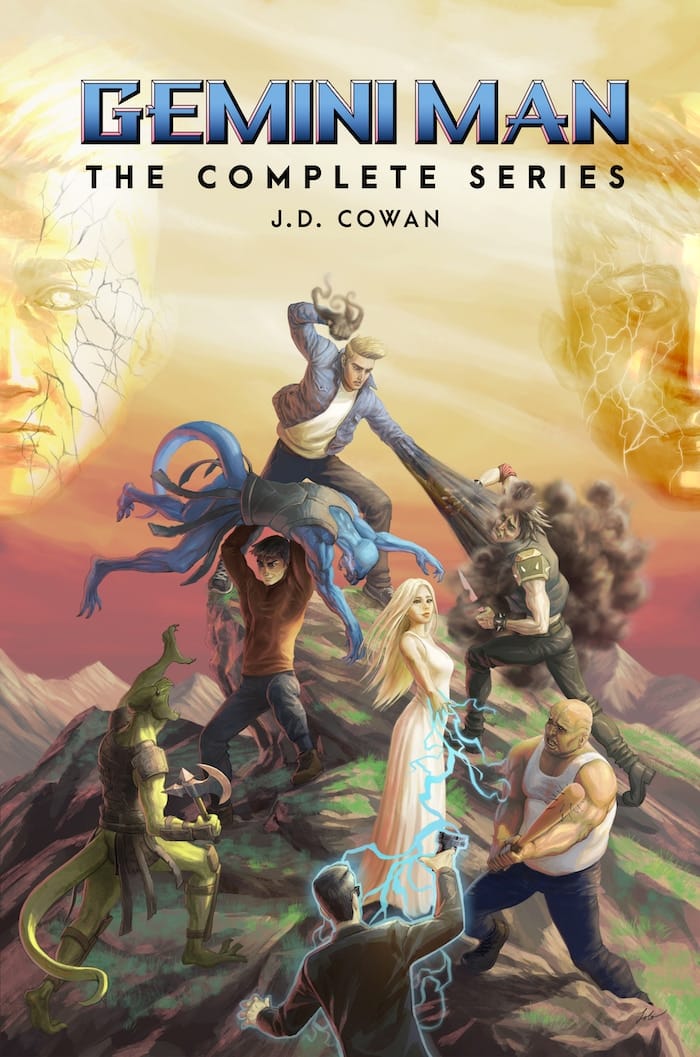
This is the end. Gemini Outsider was an end. This is the end. The end of the Gemini Man story, the ultimate culmination of everything that happens. Which makes it interesting that the Gemini Man hardly appears in it. We will instead follow a petty criminal, a former follower of Nieto, and a kid who is dead inside from irony poisoning. And it's both awesome and satisfying.
The book is comprised of two novellas, Gemini Dreamer, and Gemini Destroyer. Cowan wrote this book as a stretch goal reward for the Gemini Man Kickstarter campaign. Each novella focuses on characters from Gemini Outsider, who now have a bigger part to play as things draw to a close.
Cowan said in the Kickstarter that there were originally grander plans for Matthew and Jason as part of the larger Heroes Unleashed universe, as things went on the characters from the various authors were going to start interacting with one another, but that is mostly on hold now. Which is a pity, I rather liked the concept of Heroes Unleashed, and I have enjoyed the books that did get published.
Given that, this is the last book we can expect from Cowan in the Gemini Man series, although it is at least possible they might show up in some later Heroes Unleashed books.
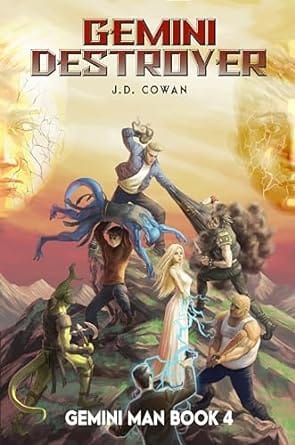
I also think that this may be one of the best books in the Gemini Man series. You can tell that Cowan has grown as a writer. Everything in Gemini Dreamer and Gemini Destroyer hangs together nicely, and the style is smoother. In the earlier books, every so often a word choice or a phrasing would pull me up short. No more.
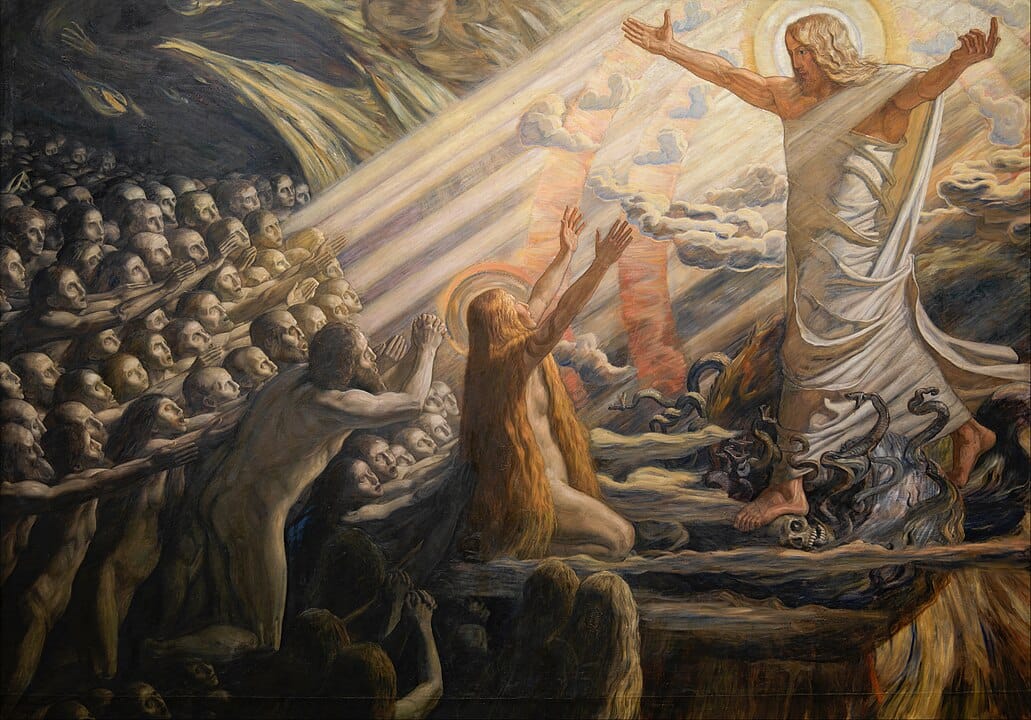
Which is a good thing, as the theme of this book is more intense than the previous ones. This is a book about the the slavery of sin and the possibility of redemption. The characters that Cowan focuses on here all opposed Matthew and Jason in some way, but now, at the end, they have a chance to something different after someone came and busted in the door to their prison.
There is a saying that the greatest lie the Devil ever told was that he did not exist. I wonder whether there is another: that you cannot leave his prison of lies anytime you want. You can, because the door is open. Those who have fallen into sin can despair, because they are convinced that they will never be worth saving. The paradox of the Cross is that God came to redeem those who rejected Him:
“How often the priest had heard the same confession--Man was so limited: he hadn't even the ingenuity to invent a new vice: the animals knew as much. It was for this world that Christ had died: the more evil you saw and heard about you, the greater the glory lay around the death; it was too easy to die for what was good or beautiful, for home or children or civilization--it needed a God to die for the half-hearted and the corrupt.”
― Graham Greene, The Power and the Glory
One of the greatest moments is when Mellow Holmes, the kid who is dead inside, passes through the place where the Great Sorcerer King has stored his memories. Who he was and what he did before he became the Great Sorcerer King. It is an unbelievably painful place, full of the regrets and remorse that Nieto should feel.
Nieto plays at being God, but he is ultimately just like us, unwilling to push on an open door because of what it implies about himself. And of course, that means he can be defeated, because if it bleeds, or fears, or hides from its own misdeeds, you can kill it. Which of course is the point of the kind of story that Cowan likes to write, a modernized fairytale.
Sometimes I say that adventure is the oldest kind of story we tell ourselves, but adventures are also the newest kind of story we can tell ourselves, eternally fresh because they are attuned to the needs of the human heart.
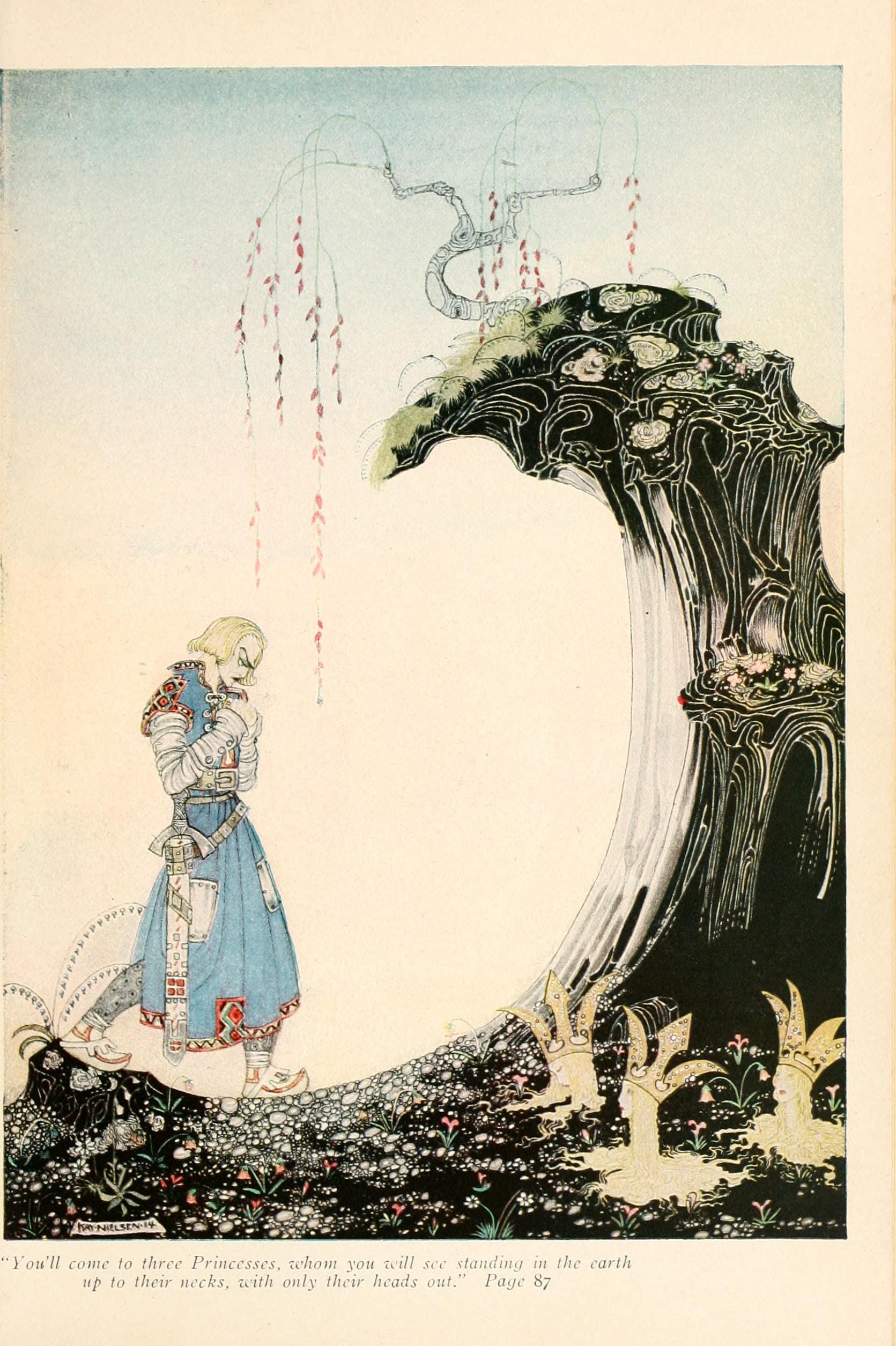
Cowan plays a bit with this, having one of his characters find solace in a fairytale, "The Three Princesses of Whiteland". I wasn't familiar with that one, so I looked it up. "Three Princesses" is a Norwegian fairytale, collected and translated in one of Andrew Lang's fairy books.
The kind of fairytale that Lang collected is the unfiltered original, unpolished but often extremely powerful, using imagery in a dreamlike way to speak to us, almost without using words, given how brief such tales can be.
The way that Cowan ends Gemini Destroyer draws on that ur-fairytale energy, crafting a story that has to be felt or intuited rather than read, existing in a strange otherworldly space where the words cannot directly state what Cowan wants to say, and thus can only serve as conduits for something else.
I really like how this all came out, and gladly recommend the whole series.
Buy Gemini Destroyer on Amazon
Buy the Gemini Man series on Amazon
With Both Hands Classics | My other book reviews | Reading Log
Mini-reviews
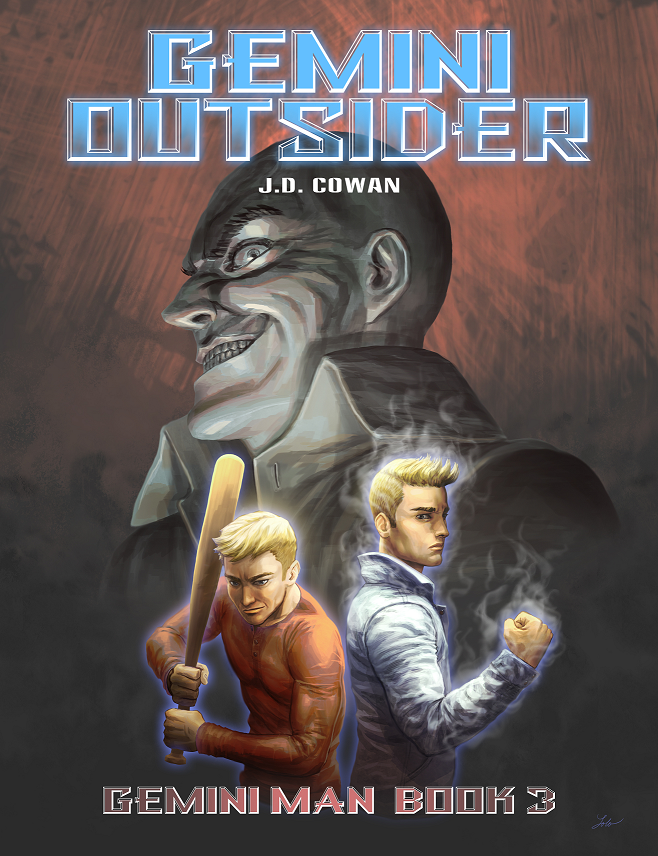
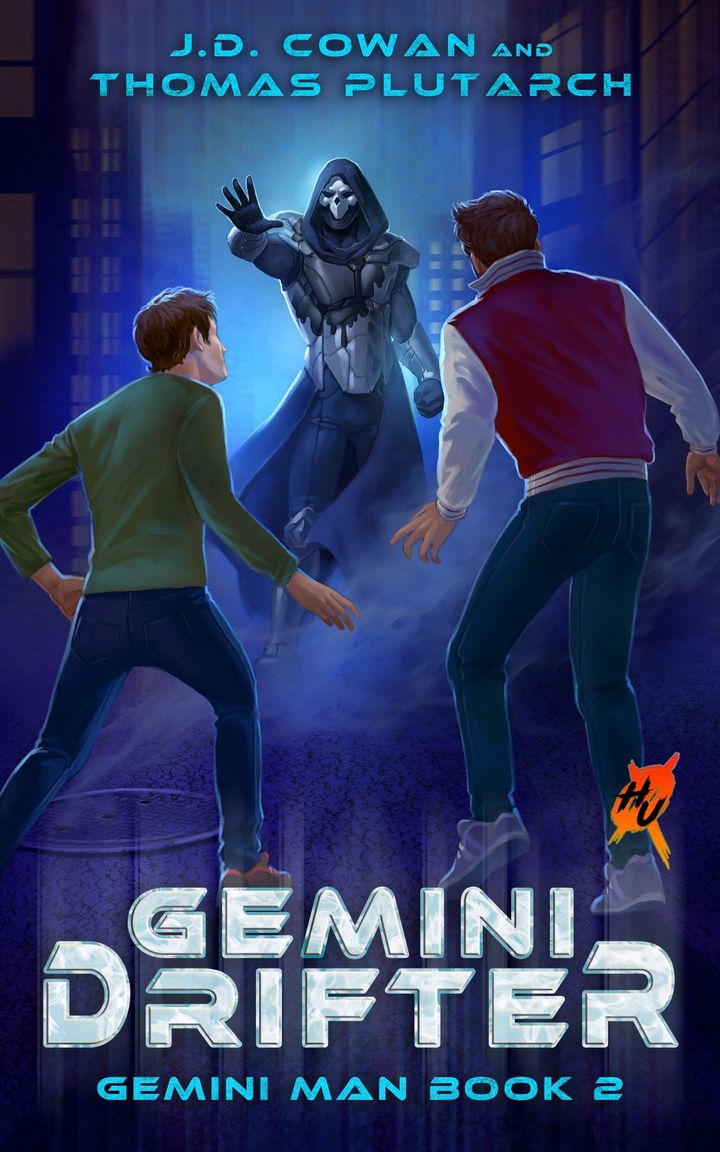
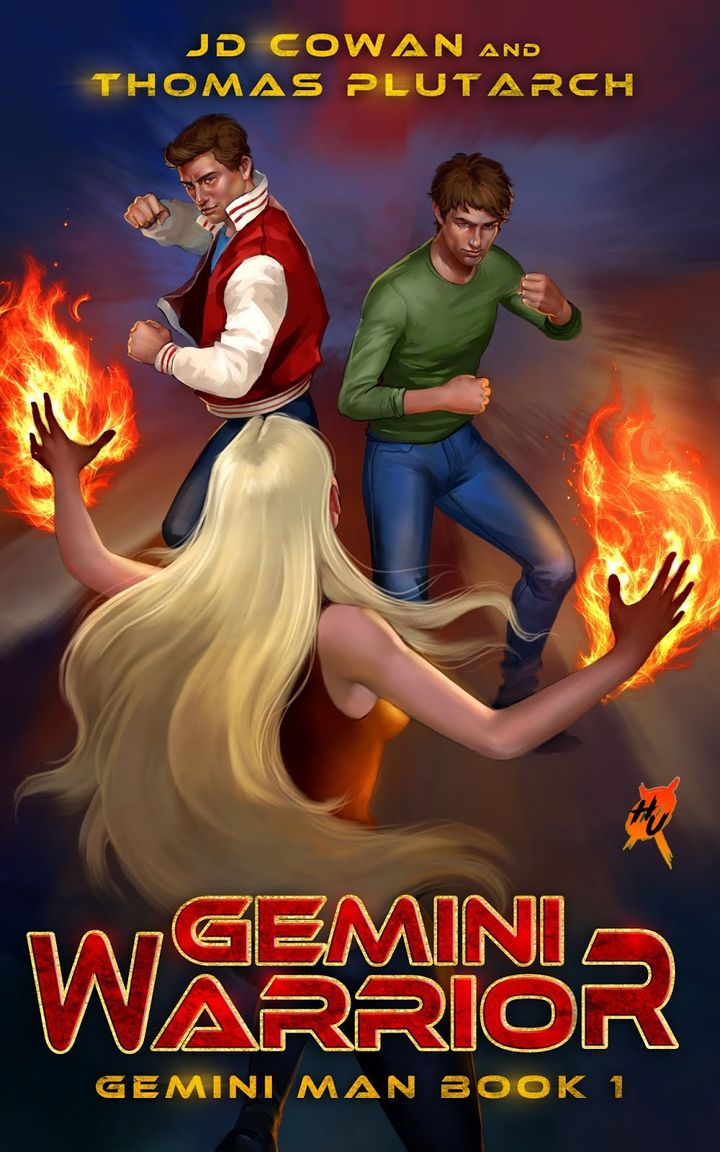
Comments ()